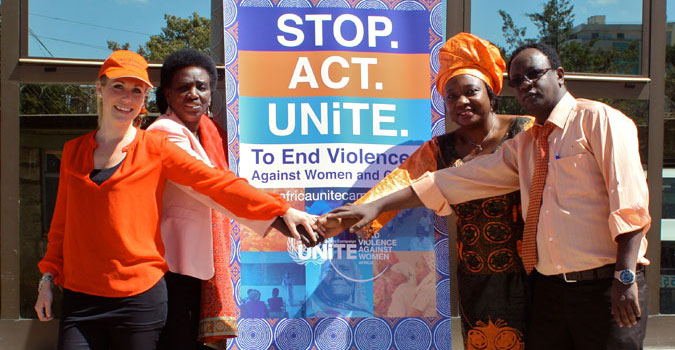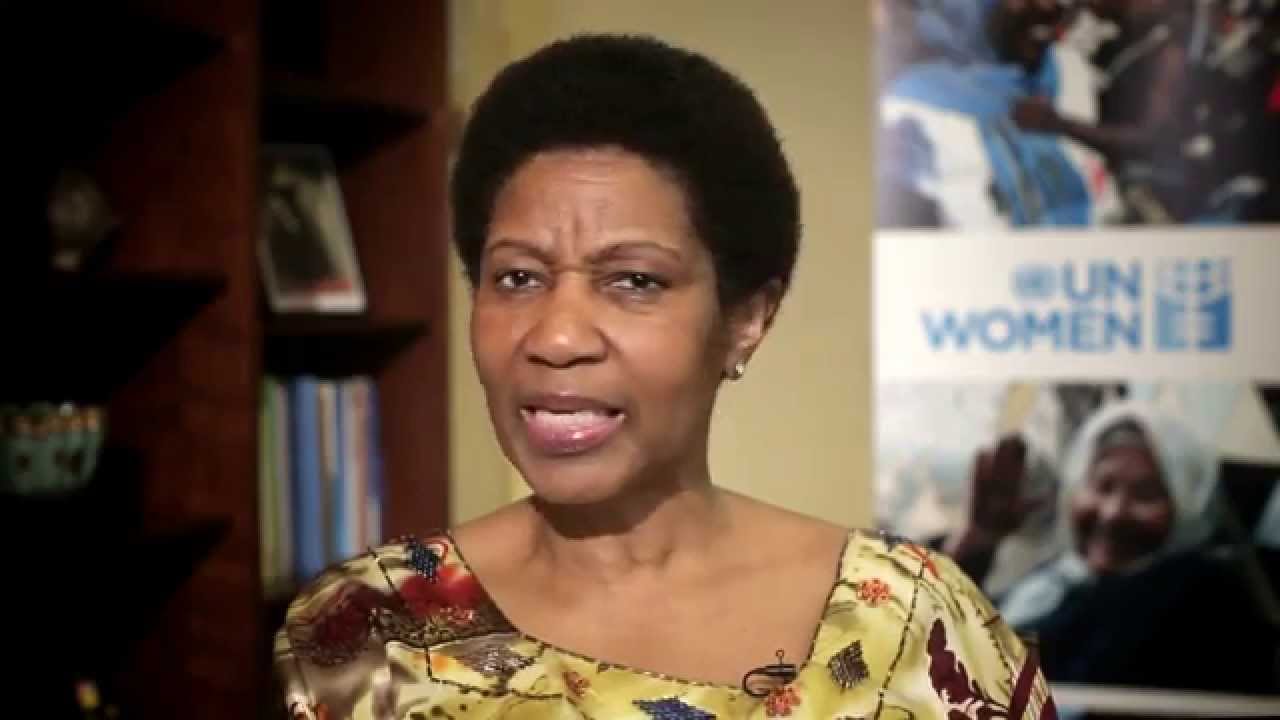In Lebanon UN Women leads coordination around gender equality and women’s rights through the following ways:
Chair of the Social Cohesion, Inclusion and Gender (SCIG) Sector of the Lebanon Reform, Recovery and Reconstruction Framework (3RF). In close coordination with the European Union, World Bank, and United Nations, the SCIG sector works to have accountability to gender equality and social inclusion throughout the implementation of the 3RF, the key framework in the country for:
- People-centered recovery, focusing on essential actions, such as policy measures, investments, and institutional strengthening, to address urgent needs of the most vulnerable populations affected by the explosion, and;
- Reform and reconstruction, focusing on critical reforms to address governance as well as investments that focus on the reconstruction of critical assets, services, and infrastructure.
Chair of the Gender-Based Violence (GBV) and Child Protection (CP) Sector of the Emergency Response Plan (ERP) in partnership with UNFPA and UNICEF. The sector coordinates with over 20 partners across the protection sector to oversee the implementation of GBV and CP, and ensure gender equality and protection is mainstreamed across the humanitarian response, targeting Lebanese households and migrant workers.
Chair of the Gender Working Group (GWG). The GWG is strategic forum and advocacy platform for UN agencies and NGOs to promote gender equality and the integration of gender considerations in humanitarian-development-peace actions. This group serves as a resource space on gender equality and women’s rights for all coordination bodies in Lebanon, providing guidance, training and support as needed/requested, and will annually, identify a concrete set of issues to work on collectively that seek to address gender discrimination and women’s rights in Lebanon a holistic manner.
Chair of the LGBTIQ Task Force, in partnership with UNFPA. The task force works under the auspices of the GWG and in close coordination with the SGBV TF and Human Rights Working Group. With support and membership from the UN agencies, Member State partners, I/NGOs, and CSOs, the TF works on three main areas: coordination and information sharing, technical assistance and capacity building, and advocacy across the humanitarian-development-peace nexus.

